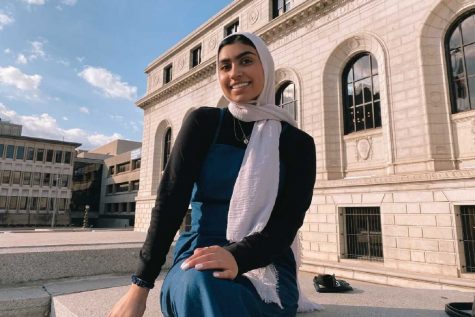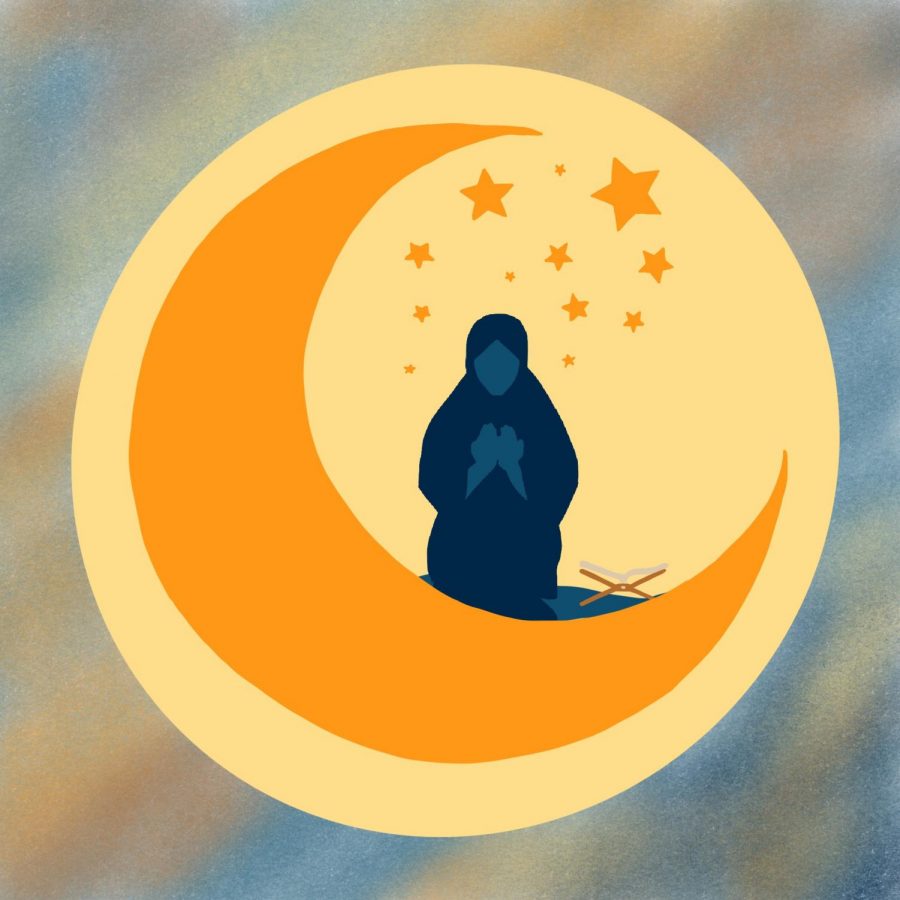The impact of coronavirus on Ramadan
Ramadan is one of the most sacred months for Muslims, as it is filled with fasting, prayers and reflections on what to be grateful for. This time is also very cherished by communities because it brings together people of all different backgrounds to celebrate one commonality: Islam.
Because of the coronavirus outbreak, it has been extremely difficult for the regular Ramadan events to take place. For example, every night after Iftar—the time to break your fast—Muslims from the community head to a mosque and usually spend up until Suhoor—the time to start your fast—praying Taraweeh. Taraweeh is a specific prayer that only occurs in the month of Ramadan and is usually done every night in order to seek forgiveness for previous sins. This is an exceptionally spiritual time as dozens of Muslims are united together in the face of God to ask for redemption. Due to the rules of physical distancing this is no longer possible and many Muslims will have to pray Taraweeh at home.
Luckily, the Islamic Foundation of Greater St. Louis has released a schedule of how the regular Ramadan Programming will continue online. Although this online transition is an admirable move, there is no better feeling than the influence of your whole community in one place strengthening your religion and personal growth as a Muslim. This is also the first time since it’s opening that the Kaaba—a holy site located for Muslims—is closed, for obvious safety measures. Although the decision was made with good intentions, it is heartbreaking to see such a holy site completely empty.
Aside from the alteration of events of Ramadan, it is also important to note the groups inside the Muslim community being directly affected. Muslim health care workers are also working on the frontline during this pandemic and it is difficult to fast while working to combat a life threatening virus. Considering fasting is more than a twelve hour commitment, these health care professionals are at crossroads of whether or not to fast. Another group that, of course, is directly affected are those infected with the virus. In Islam it is advised to only fast if you are able. If you have the coronavirus, the result of fasting will likely weaken your immune system and worsen your case. The World Health Organization has also put out information regarding Ramadan Guidelines during this time.
Considering one of the main themes of this holy month is giving back—known as Sadaqah or Zakat—under normal circumstances many Mosques will put together meals with the community and give them out to homeless individuals. Because of social-distancing rules, this is no longer possible; however, there are still other ways to help. These are a few ways you can help the community—Muslim or not—during this time:
- Mideast Market is donating Iftar Dinners for the cost of $8 per meal. If you would like to donate a meal you can text 636-299-6719 and state your name. You can pay with Venmo, cash, or check.
- Islamic Relief USA is giving people the option to donate Ramadan Food Packages to families or to just donate in general.
Your donation will support the student journalists of Saint Louis University.






